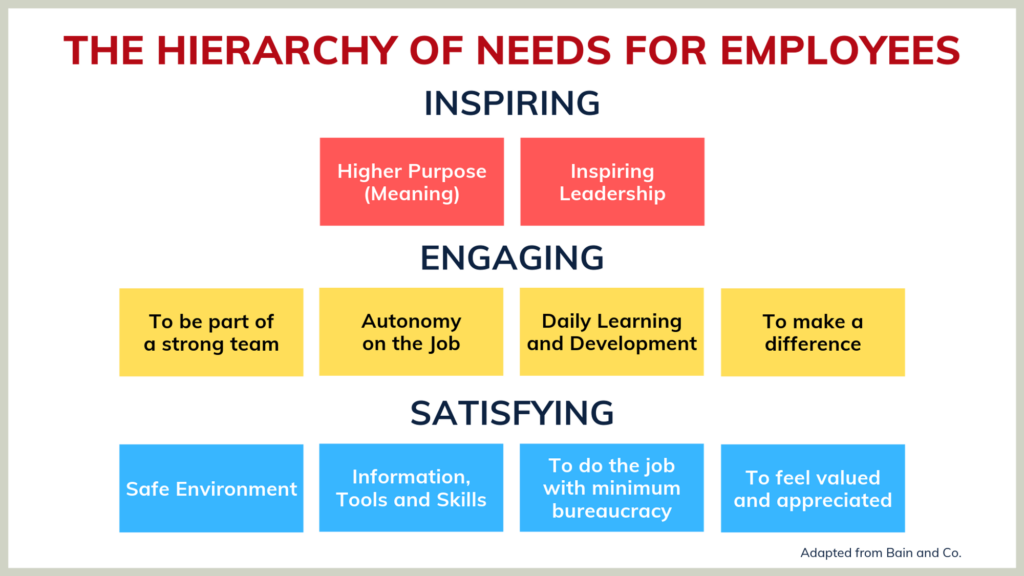If you’re intrigued by the concept of complexity in leadership, I invite you to explore further with my series of micro-lessons. Dive deeper into this topic and discover how to effectively navigate the complexities of leadership.
It’s a bit embarrassing to admit, but I only recently grasped the crucial difference between ‘complicated’ and ‘complex’. For a long time, I naively used these terms interchangeably, believing that extreme complication somehow evolved into complexity. This misunderstanding is more common than you might think, and it’s essential for us, especially in leadership roles, to recognize that these are two fundamentally different scenarios requiring distinct approaches.
Why Should We Talk About Complexity Awareness?
We are inhabiting an ever-more complex world. Everything is becoming increasingly interdependent, reacting and interacting in unpredictable ways. The world has shifted from the relative simplicity of a few decades ago to a far more complex state today. This evolution presents a unique challenge: if we fail to understand what true complexity is, we run the risk of applying oversimplified solutions to intricate problems—a trap that politicians often fall into with their penchant for straightforward fixes to multifaceted issues.
The Pitfalls of Oversimplification
It’s not just politicians who fall prey to oversimplification. As managers, we’ve all been guilty of this at some point. Whether it’s dropping prices in response to falling sales, creating new rules to manage staff behavior, or introducing a new bonus system to redirect efforts, we’ve often reached for the simplest tool in our kit. But here’s the rub: treating everything as a nail when you only have a hammer doesn’t work well in a world brimming with unique screws.
Expanding Our Toolbox
Our response to this? Broaden our toolbox. With a wider range of tools and approaches, we can make more nuanced and effective interventions. This also links to the concept of awareness. What we are aware of, we can manage. But what we’re oblivious to often surprises us at the most inconvenient times.
Sorting the World into Buckets
Imagine sorting the world into four buckets: Predictable and Unpredictable, then further into Clear (Simple), Complicated, Complex, and Chaotic. Predictable scenarios are where cause and effect are apparent, like making coffee—follow the recipe, and you get a good result every time. Then there are complicated scenarios—like software issues or medical problems—where cause and effect are known but require expertise to navigate.
The unpredictable world, however, is a different ball game. Here we have complex scenarios, like the Cuban Missile Crisis, where cause and effect only become clear in hindsight. These situations don’t equip us to handle future complexities as each one is unique. Then there’s chaos, like the January 6th assault on Congress, where there’s no discernible cause and effect at play.
Mechanical vs. Organic Systems
A key distinction to understand here is between mechanical and organic systems. Mechanical systems are non-adaptive and predictable, while organic systems are complex, adaptive, and unpredictable. Human behavior, being organic, adds an inherent level of unpredictability to any situation involving people.
Navigating Different Situations
In dealing with these various situations, the first step is to identify which bucket you’re dealing with. Is the situation predictable or unpredictable? Can you deduce cause and effect? In predictable scenarios, responses are straightforward. But in complex situations, where outcomes are uncertain, a different approach is required. Here, we need to be comfortable with not knowing and adopt a probing attitude, learning as we go.
Embracing Complexity in Leadership
Handling complexity requires a shift in mindset. Acknowledge uncertainty and be comfortable in it. Be present, as stress and complexity don’t mix well. Transparency is key—admit when you don’t have all the answers. Be empathetic to how differently people handle uncertainty. Remember, in complex scenarios, there’s no one-size-fits-all solution. Instead, we need to be adaptive, experiment safely, and learn from each step.
Conclusion
Understanding the nuances between complicated and complex scenarios is crucial for effective leadership in today’s interconnected world. As leaders, our challenge is to recognize these differences and adapt our strategies accordingly. By doing so, we can navigate through complexities more effectively and make better decisions for our teams and organizations.
I invite you to explore further with my series of micro-lessons. Dive deeper into this topic and discover how to effectively navigate the complexities of leadership.





